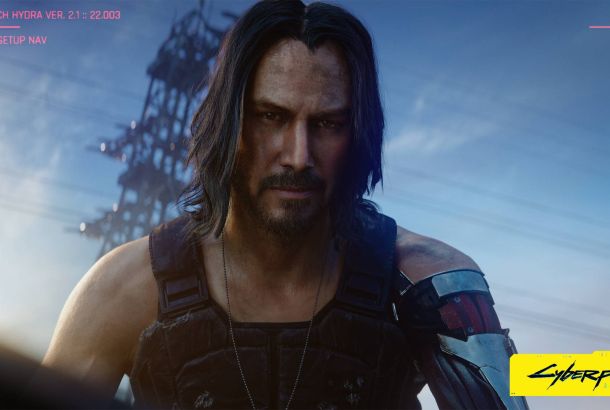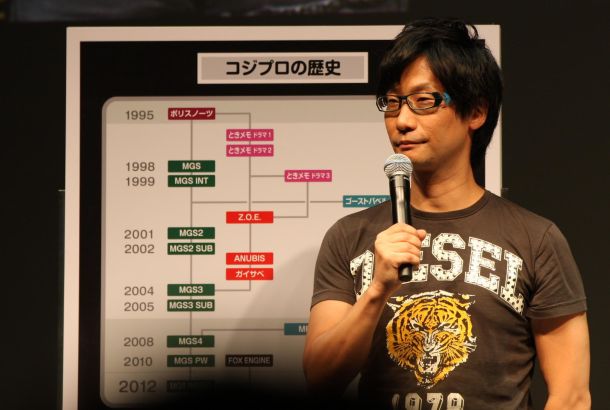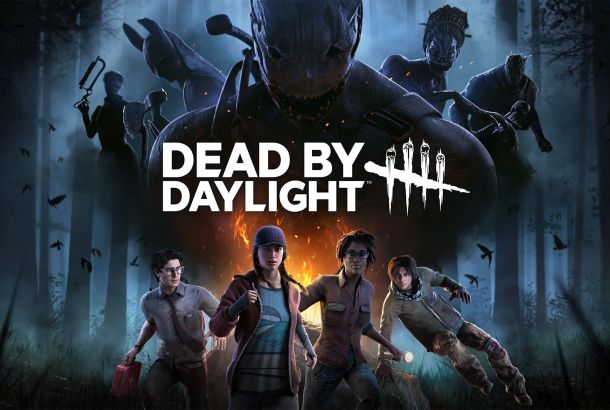The Rise and Fall of The Old Republic
The MMORPG (Massively Multiplayer Online Role Playing Game to give it its full title) market is very big. In fact, 35 million of us log on regularly in Europe alone, generating a staggering amount of income for the publishers. The enviable position of top dog in this digital world is Blizzard’s World of Warcraft, or WoW, which has 10.2 million players, each paying around $13.99 (£8.66) a month, coming to a monthly total income in the region of £88 Million.
It is then not surprising to learn that other publishers want to get in on what is a hugely profitable market. Many games start with the ambition of charging their players a monthly fee to play, but not very long after launching realise that not many people want to play their game that much, leaving them having to let players access the game for free and trying to entice them into buying cheap trinkets for their avatar as a way of generating income. Whist there is nothing wrong with this system of micro-transactions, it returns only a fraction of the money of a subscription system, and leaves the developers still gazing longingly at the WoWs of this world.
Enter EA/Bioware’s Star Wars: The Old Republic, the latest attempt to tap this enormous market. It first started back in 2005 in a new Bioware studio in Texas and after 6 years and a rumoured $200 Million in development costs, the most expensive videogame ever made The Old Republic launched in December 2011.
It was huge, breaking the records for the fastest growing MMORPG ever, amassing a hefty 1.7 Million players in short order. It was critically praised; well received by players and the phrase “WoW-Killer” was whispered all over the Internet. It seemed destined to keep growing and become one of the world’s leading MMOs. But then the winds changed. The player numbers started to fall with increasing speed, more and more people abandoned the Old Republic, and as if to round off the failure, Bioware has recently announced that large portions of the game will become free-to-play. Next came the questions, was The Old Republic going to go down? Was it because the controls were too complicated? Too much like WoW? Was it the well publicised balancing issue in some of the PvP (Player vs. Player) combat areas?
The answer, in the opinion of this amateur, is no. No, the game will not fail, and for none of those reasons. The reason behind the exodus from The Old Republic is a combination of the long development time and a misunderstanding of the market. In 2005, all of the top MMORPGs on the market were subscription based WoW being the prime example, micro-transactions was virtually unheard of. It was a safe assumption that one could launch a MMORPG in 2005 with monthly subscriptions and if the quality was high enough, succeed. It was, I think, on this line of thought that the project was started, “lets make the largest, most quality driven MMORPG ever, and better yet lets put Bioware on the case”. The problem is that over the 6 years the game was developed, the market changed, but their attitudes didn’t. Nowadays, the subscription-based games are shrinking; with the big games only still there because they have such a huge base of players, whom many are very passionate about their games and wont give them up easily.
But can you imagine World of Warcraft launching today? Without the history the game has, the subscription would be dismal. That doesn’t mean the game will fail – the fact the price structure is wrong does not mean the game is bad, the game is very good, but they could not get away with charging what they tried to in today’s market.
In the end, I think The Old Republic will succeed, and turn a good profit, but it will also serve as an interesting example of how quality is not the only thing that is needed in a successful MMO.







